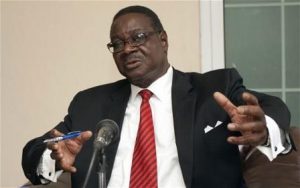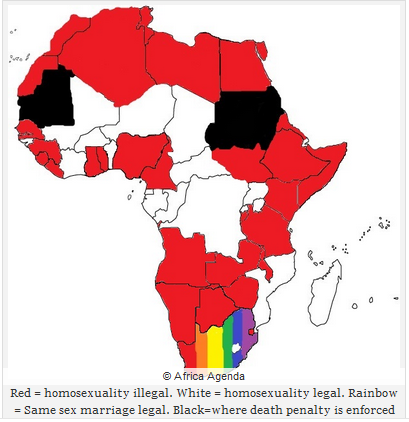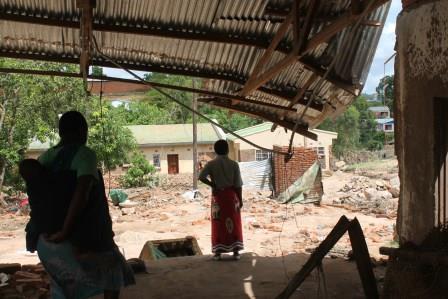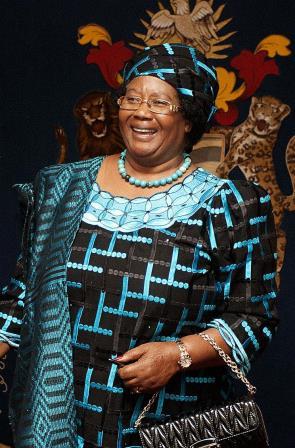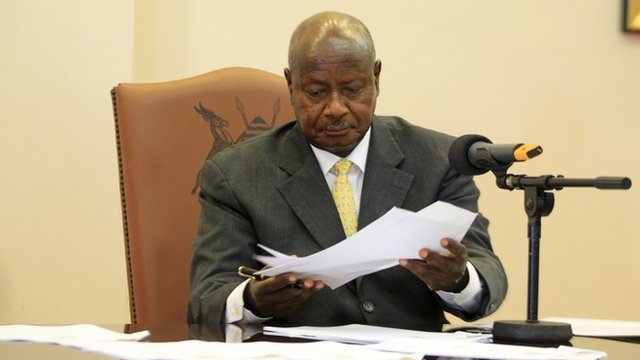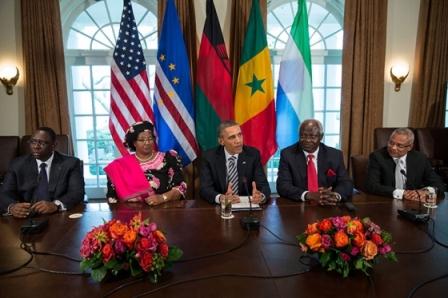Malawi’s 50-50 Campaign Reveals a Divided Nation
![The electoral commission said 99 percent of the voting was "trouble-free" and that the people had spoken [AFP]](https://africaagenda.org/wp-content/uploads/2014/06/Malawi-General-elections-Vote_AFP.jpg)
The seemingly elusive goal has been fraught with all kinds of challenges. My ‘un-womanly’ take on the matter is that its major problem has more to do with strategy than material challenges.
With a few years of experience working alongside many gender activists, there is one issue I have with the women’s empowerment movement in Malawi.
The movement was more concerned with quantity, and less with quality, in the hope that the numbers would somehow magically translate into actual policy gains without really clarifying how that would happen.
If recent events do not prove the inadequacy and ineffectiveness of such a strategy then I don’t know what will.
Let me take this thought a little further. Before women demand my castration, the focus of the movement has predominantly been on having women in leadership rather than cultivating women leaders.
No – I am not playing with words – those are completely different things. A woman in leadership can have a title or designation and be high up in the echelons of power and not actually be a leader.
She can so easily be a mere chair-warming figurehead and not a strategic thinker, decision-maker, or go-getter.
A woman leader, on the other hand, is different – a woman leader may not have a title, but she is motivated and driven to get things done in her family, community, or country. These may sound similar, linguistically speaking, but they are as dissimilar as black is from white; the difference being that women leaders have a proven record of delivery, substance, gravitas, and a little dash of je ne sais quoi.
As such, because Malawians have been exposed to mere women in leadership who lack the substance or gravitas to lead a nation of peoples, the electorate is left asking a very simple question: ‘Is this the best women have to offer?’
I’ll refer to our outgoing president to illustrate this point.
Joyce Banda did have a record of delivery in her ‘pre-presidential life’–but she lacked the substance and gravitas to lead. And that’s the thing she never quite understood.
For many people in Malawi—including this blogger–it was never about her being a woman – it was about her being a leader.
From one failure to the next, Joyce Banda might have been ill-advised in thinking that loquaciousness was the same as leadership. Instead, she came across as simply affirming one of the many stereotypes that I had hoped never to verbalize–which is–a woman in leadership can so often be synonymous with having plenty of opinions.
I really hope, as she reflects on her once-in-a-lifetime tenure, she realizes where she got it wrong – I really, really hope.
As Joyce Banda rejoins the common people, we can’t ignore the fact that her presidency has confirmed a lot of harmful stereotypes and reinforced negative perceptions about women leaders and women in general.
This in turn may harm the women’s empowerment movement by creating a new kind of uphill battle to get back to the ‘glory days’ of better parliamentary representation of women.
If the movement is to make any kind of impact at legislative or national levels, it has to shift the conversation away from quantity to seeking out, and grooming, women leaders who exemplify enough substance and gravitas to influence their male counterparts and policy.
Simply stated, the movement has to invest more time and energy into finding ‘the best that women have to offer.’
That aside, women should get used to the idea of a parliament with a ‘male majority’ dominating the discourse of debate and conversation.
But I look forward to the day when I can refer to any leader, including women in leadership in Malawi, as simply ‘a leader’ without having to put the qualifying prefix of ‘woman.’
Think about it! When was the last time you heard male Members of Parliament being referred to as ‘Men Leaders?’

